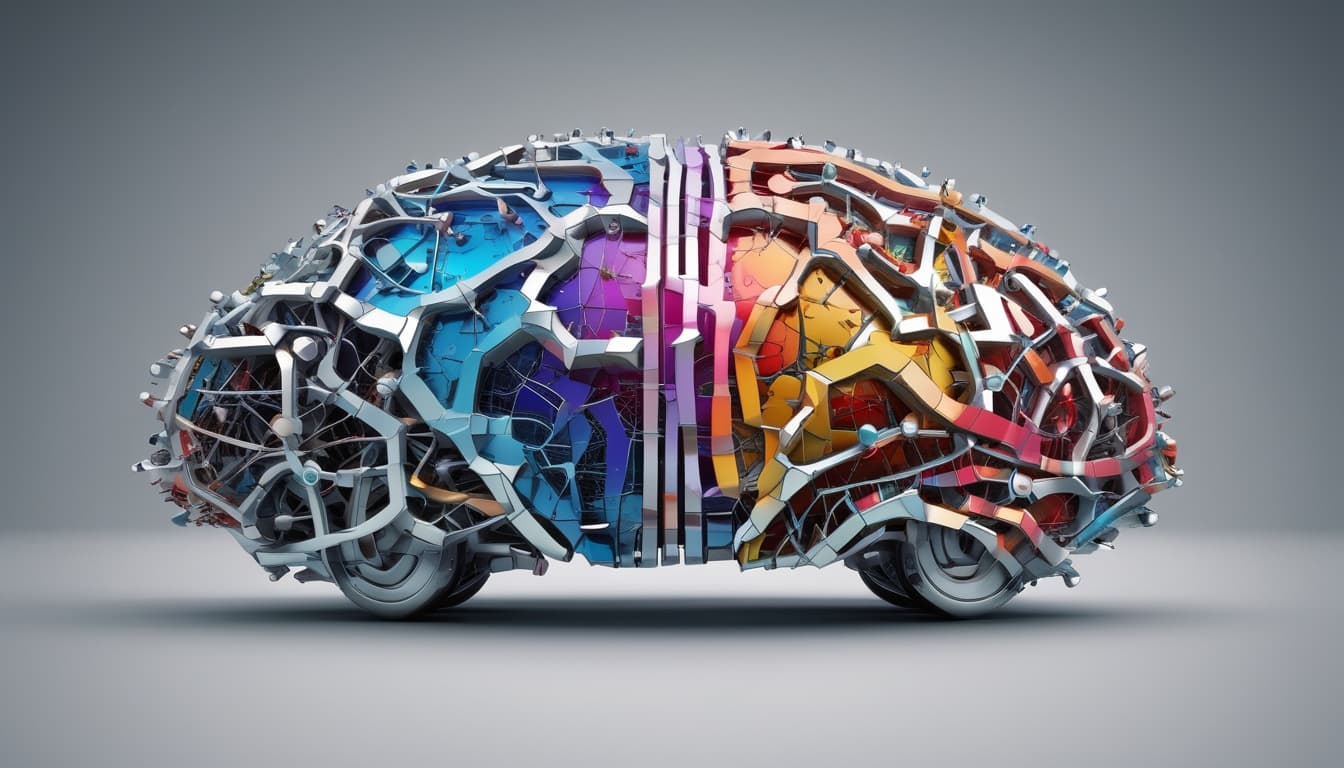Beyond the realm of personal vehicles, imagine a future where AI-powered, modular 'mobile platforms' dominate logistics and delivery. These platforms could reconfigure themselves on-the-fly – transforming from a long-haul transport truck into a swarm of last-mile delivery drones, or even morphing into temporary mobile warehouses. What innovative business models and societal shifts might emerge from such a drastically fluid and adaptable automotive-based infrastructure, and what challenges might we face in security, regulation, and job displacement?
That's a fascinating vision! The idea of AI-powered, modular mobile platforms reshaping logistics opens up a world of possibilities. Let's break down some potential business models, societal shifts, and challenges:
Innovative Business Models:
- Dynamic Logistics-as-a-Service (LaaS): Companies could subscribe to a fleet of these platforms, dynamically adjusting the configuration and number of units based on real-time demand. This aligns with the broader trend of "Anything as a Service" (XaaS) in the automotive industry, offering flexibility and scalability.
- Mobile Manufacturing & Assembly: Imagine platforms that reconfigure into temporary assembly lines, moving production closer to raw materials or consumer markets, reducing transportation costs and lead times.
- On-Demand Infrastructure: In disaster relief scenarios, these platforms could rapidly transform into mobile hospitals, shelters, or communication hubs.
- Personalized Delivery Experiences: Platforms could adapt to specific product requirements, offering temperature-controlled environments for perishables or specialized handling for fragile items.
Societal Shifts:
- Decentralization of Supply Chains: Increased flexibility and adaptability could lead to more localized production and distribution networks.
- Urban Planning Revolution: The need for large, fixed warehouses might diminish, freeing up valuable urban space. Furthermore, we might see new approaches to parking and traffic management.
- Enhanced Accessibility in Remote Areas: Mobile platforms could bring essential goods and services to underserved communities.
Challenges:
- Security: Protecting these platforms from hacking and theft is paramount. Imagine the consequences of a malicious actor gaining control of a swarm of delivery drones.
- Regulation: Existing transportation regulations are not designed for such dynamic and adaptable systems. New frameworks are needed to address safety, liability, and data privacy.
- Job Displacement: While these platforms could create new jobs in areas like AI maintenance and platform management, they could also displace workers in traditional transportation and warehousing roles. Retraining and social safety nets will be crucial.
- Ethical Considerations: Ensuring fair access, preventing algorithmic bias, and addressing the potential for surveillance are important ethical considerations. The rise of AI in the automotive sector, as discussed in this article, highlights the importance of responsible development and deployment.
- Infrastructure Compatibility: Existing road infrastructure may need modifications to fully accommodate the unique capabilities of these modular platforms.
This future requires careful planning and collaboration between governments, industry, and researchers to mitigate the risks and maximize the benefits.
探索更多相关内容
加入讨论
- 未来汽车的“生物感官”:它们将如何感知城市与人类?
探讨未来汽车超越传统视觉与雷达,拥有嗅觉、味觉、触觉等生物感官的可能性。想象这些“汽车五感”如何改变车辆对城市环境的理解、重塑驾驶体验、优化交通系统设计,并深化人与汽车的情感联结。加入讨论,分享你对智能汽车感官进化的独特见解。
- 未来汽车:移动的个人健康管理中心?机遇、挑战与展望
探讨未来汽车如何转变为“移动个人健康管理中心”,实时监测身体指标、提供个性化建议。分析其对日常生活、健康习惯的影响,以及带来的机遇、挑战,包括隐私、数据安全和跨界合作等问题。
- 汽车智能情感交互:畅想未来驾驶体验
探讨汽车如何根据驾驶员的情绪调整驾驶体验,包括音乐、灯光和驾驶模式,分析其潜在的益处和风险,以及用户最期待的功能和担忧。





